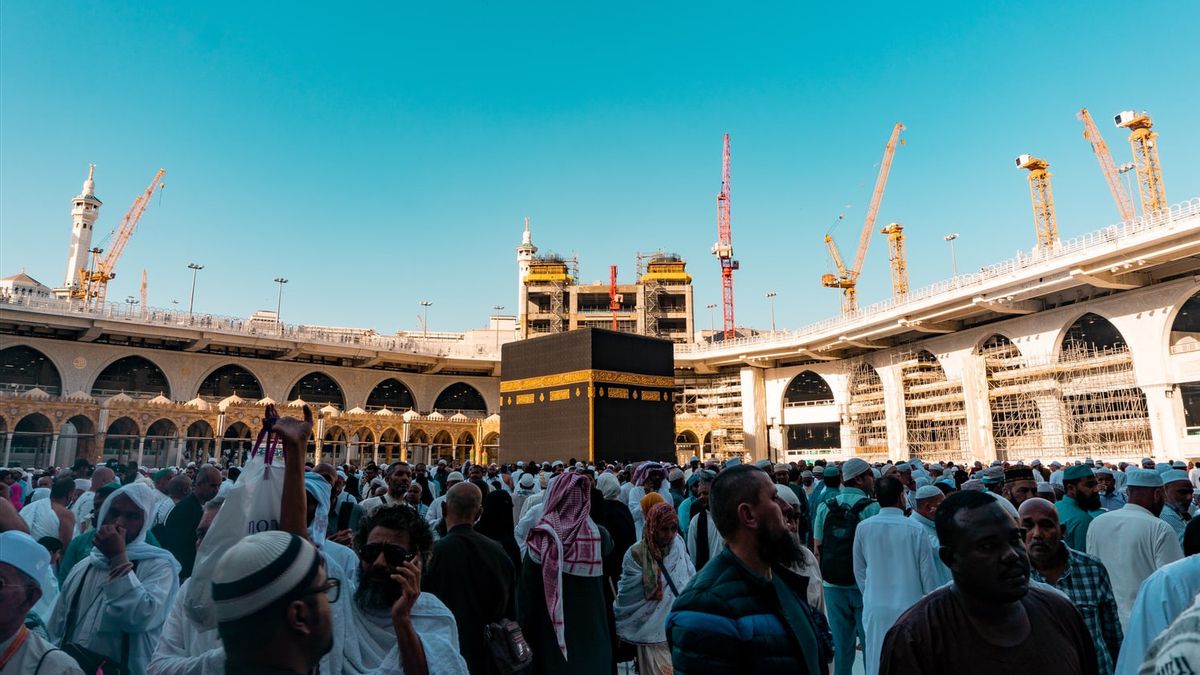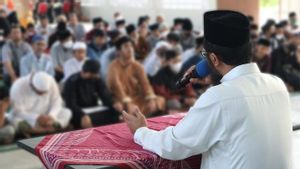JAKARTA - The Ministry of Health reported that 26,192 participants of prospective Hajj from Indonesia underwent treatment in a number of Saudi Arabian health service facilities due to a number of health problems.
"They generally have to be outpatient. The most complained about diseases are fatigue, heart disease hypertension, respiratory tract disorders, dyspepsia, and diabetes mellitus," said Head of the Hajj Center of the Ministry of Health, Liliek Marhaendro Susilo, as reported by ANTARA, Monday, June 5.
According to Liliek, the five diseases are the most complained of and consulted by outpatients to health workers who accompany prospective hajj candidates.
There were 24,467 participants of Hajj candidates undergoing outpatient treatment in Medina, 1,223 people in Makkah, and 502 people at the airport. Meanwhile, 165 participants of Hajj candidates were referred to the hospital, consisting of 172 people in Medina, Makkah 13 people, and at the airport 11 people.
Liliek said the number of participants in the Hajj candidate who were categorized as high risk was 75.37 percent, aged over 60 years with a history of comorbidities.
The Ministry of Health reported that the number of inpatients at the Madinah Hajj Health Office (KKHI) was 197 people and the KKHI in Makkah was 30 people.
SEE ALSO:
The majority of patients undergoing hospitalization at KKHI complained about dementia, heart failure, diabetes mellitus, COPD, and pneumonia. 71 other Hajj participants were referred to the Saudi Arabian Hospital with complaints of COPD, acute myocard infarcities, stroke, fracturing extremities, and heart failure.
The total supply of drugs sent by the Ministry of Health to Saudi Arabia is a total of 107.8 tons and has been distributed to the KKHI area of Medina and Makkah on May 21, 2023.
"Health medicine and equipment are currently still adequate to meet the needs of health services during the Hajj season in the group, sector, and KKHI," he said.
As of Sunday (4/6), 71,539 prospective pilgrims have arrived in the Holy Land, divided into 190 groups.
The English, Chinese, Japanese, Arabic, and French versions are automatically generated by the AI. So there may still be inaccuracies in translating, please always see Indonesian as our main language. (system supported by DigitalSiber.id)
















